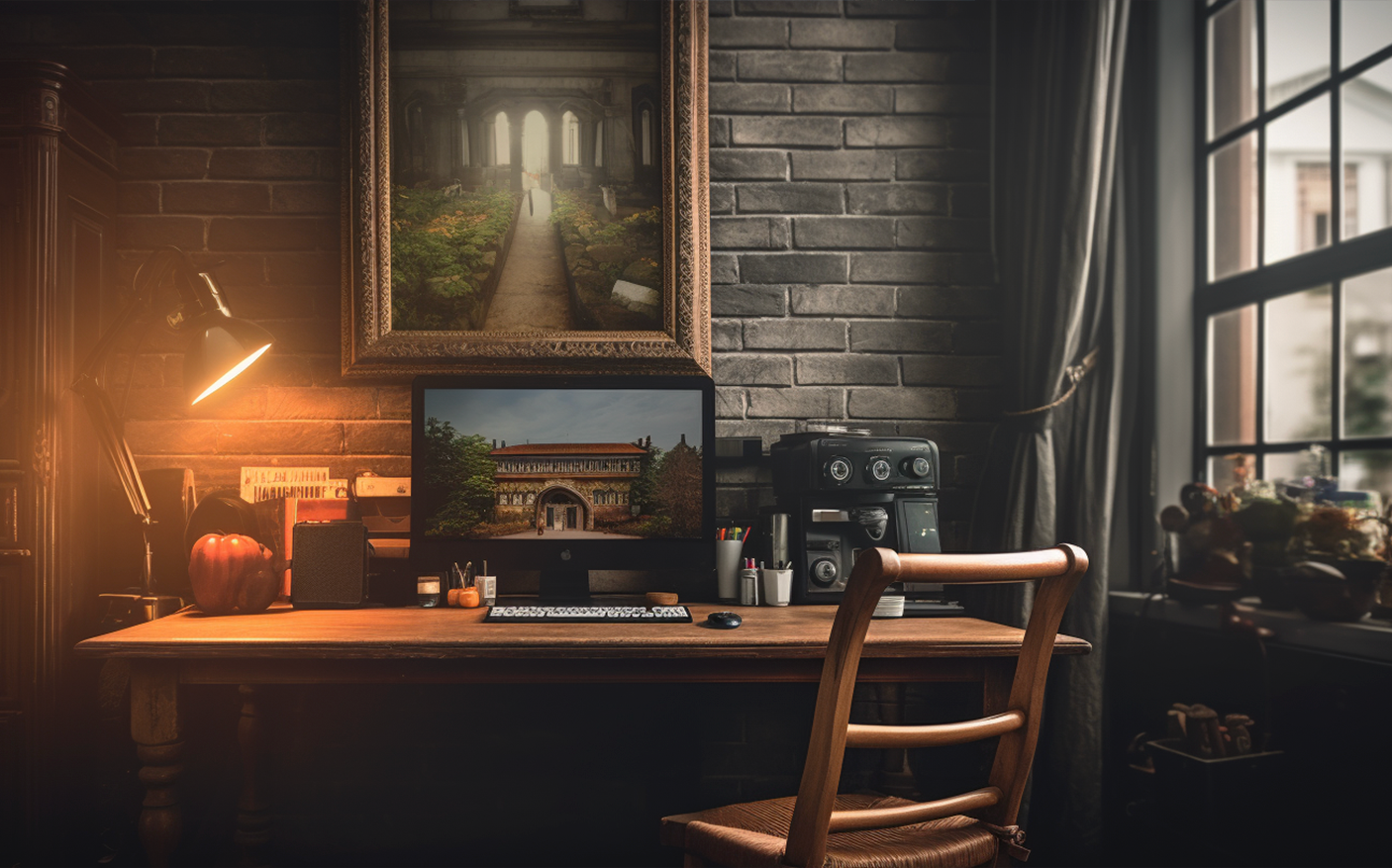1. Instead of having 100 ok eq’s in your arsenal, have 5 really good eq’s you know inside and out. Every eq even ones in the box will have a unique sound to them. Learn what unique properties they posses and the purpose for using them.
2. A computer that works well with little or no crashes. There is nothing worse than CPU overloading the session and stopping you in your tracks when you are really finding your groove. Often a computer isn’t necessarily bad or on it’s way out, it just needs a fresh install and buggy programs or viruses removed. Just make sure you back up before doing so.
3. Producing music in the analogue domain is a lot of fun and you can spend hours tweaking a single sound. It has it’s pros and cons though. Whilst being far more time consuming compared to a digital process, analogue will halt your workflow. My personal opinion when writing music is I’ll stay in the box using analogue sound recorded previously and played in a sampler such as kontakt. I’m here to write music and when I find that groove I don’t want to be halted by patching analogue synths and recording audio to the session in order to save it. If you are after the warm rich tones analogue offer do this once you have got the track written and it is in it’s final stages.
4. Switch your phone off and disconnected the wifi. There’s nothing worse than sitting down to write a masterpiece and getting side tracked by cat videos on youtube. We often say I’ll just check facebook see what’s happening in the world and the next thing you know an hour has passed.
5. Know what your going to do before you sit down to write. Being spontaneous and approaching the session totally fresh is great. But going into the session with a good idea, maybe even a structure or process already set in your mind is even better. Preparation is key. I’ll often write the track in my head or on a note pad before even laying it down.
6. Once you are happy with the track and are ready to mix it, approach it as a new session. Bounce the track down to audio stems. The reason I say this is because, one you will achieve a far better mix, two in your mind you will look at the track in a different way. Not as a producer or writer but as an engineer. With various amounts of automation and plugin chains across each channel the mix can look confusing even if you are the producer of the track. The visualisation of wav stems is important to getting a good mix. Midi and VST’s don’t show accurate waveforms needed to analyse.
7. Don’t think to much about the mix of the track. Concentrate on the production and writing of the track. The mix as you go approach never achieves the best mix. More often than not you will find you are gradually getting louder and louder and not correctly mixing the track to the right compression threshold. Get the track written then start thinking about the mix. Try not to halt the production process spending hours getting the drum mix right.
8. Leave the fine tweaks of eq’s till the end. Sitting in a session eqing a kick for an hour is never productive. Often we’ll hear the kick on a loop for so long it starts to sound good and we’ll load the session up the following day to find it sounds terrible to a rested ear. Leave this till the end of the production process or even in the mix stage.
9. If it’s not working leave it and move on. Don’t dwell on the fact that the patch you have spent 20 minutes creating doesn’t work, save it and work on another patch, one that does work. So often you will find yourself saying but I’ve spent so long creating this sound I must use it now. By all means if you can get it to work then get it to work but sometimes a better idea is to load that sound into a new track at a later date and use it there.
10. Using presets. This is often looked upon as cheating. It’s not really cheating it’s more a case of being lazy if anything. But using presets isn’t a bad thing to begin with. In the past I’ve written a track using all presets and then once the track was written go back and change the sounds to my own unique style. Often creating them in the analogue domain to a similar sound.

